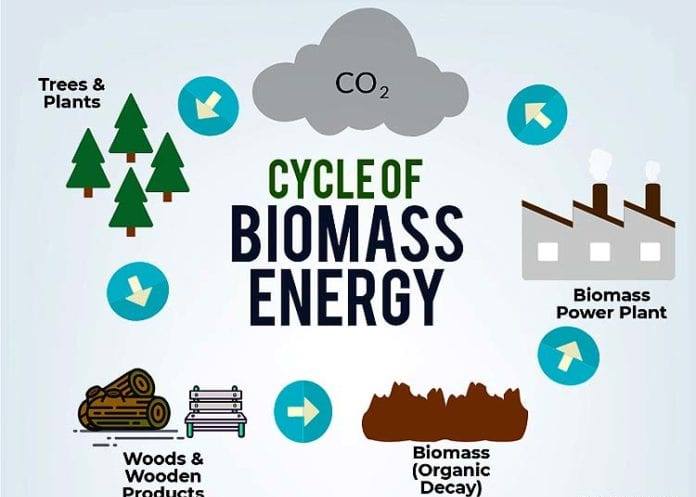
Fueling the Future with Biomass Energy: Pros and Cons
Introduction
The world is facing a significant challenge in the form of climate change, with greenhouse gas emissions at an all-time high. As a result, there has been a growing interest in renewable energy sources that can help us reduce our dependence on fossil fuels. Biomass energy, which is generated from organic matter, has emerged as a promising alternative. In this article, we will explore the pros and cons of biomass energy and its potential to fuel the future.
What is Biomass Energy?
Biomass energy is generated from organic matter such as wood chips, agricultural waste, and municipal solid waste. It is considered a renewable energy source because the organic matter used to produce it can be replenished. Biomass energy can be used to generate electricity, heat buildings, and fuel vehicles.
Pros of Biomass Energy
- Renewable: Biomass energy is a renewable energy source, meaning it can be replenished and is not finite like fossil fuels.
- Carbon neutral: Biomass energy is considered to be carbon-neutral because the carbon emitted during the combustion process is offset by the carbon absorbed by the organic matter during its growth.
- Low cost: Biomass energy can be produced at a lower cost than other renewable energy sources like wind and solar.
- Reduced dependence on foreign oil: Biomass energy can be produced locally, reducing dependence on foreign oil and improving energy security.
- Job creation: Biomass energy can create jobs in the farming, forestry, and energy sectors.
Cons of Biomass Energy
- Land use: Biomass energy production requires land, which could compete with land used for food production or conservation.
- Pollution: The combustion of biomass can release pollutants such as nitrogen oxides and particulate matter, which can contribute to air pollution.
- Deforestation: Harvesting of wood for biomass energy can lead to deforestation, which can result in the loss of biodiversity and carbon sequestration.
- Inefficient: Biomass energy is not as efficient as fossil fuels, and large amounts of organic matter are required to produce the same amount of energy.
- Costly infrastructure: The infrastructure required to produce and transport biomass energy can be costly, particularly for small-scale producers.
Conclusion
Biomass energy has the potential to play a significant role in meeting our energy needs while reducing our dependence on fossil fuels. However, it is not without its challenges, and careful consideration must be given to the pros and cons of this renewable energy source. If we can overcome the challenges associated with biomass energy production, it could be a valuable tool in the fight against climate change.
FAQs
- How is biomass energy produced?
Biomass energy is produced from organic matter such as wood chips, agricultural waste, and municipal solid waste. This organic matter is burned to generate heat, which is then used to produce steam that drives a turbine to generate electricity.
- Is biomass energy renewable?
Yes, biomass energy is considered a renewable energy source because the organic matter used to produce it can be replenished.
- What are the advantages of biomass energy?
Biomass energy is renewable, carbon-neutral, low cost, reduces dependence on foreign oil, and can create jobs.
- What are the disadvantages of biomass energy?
The disadvantages of biomass energy include land use competition, pollution, deforestation, inefficiency, and costly infrastructure.
- Can biomass energy replace fossil fuels entirely?
It is unlikely that biomass energy can completely replace fossil fuels due to its limitations and challenges. However, it can be a valuable addition to the mix of renewable energy sources available to us.
